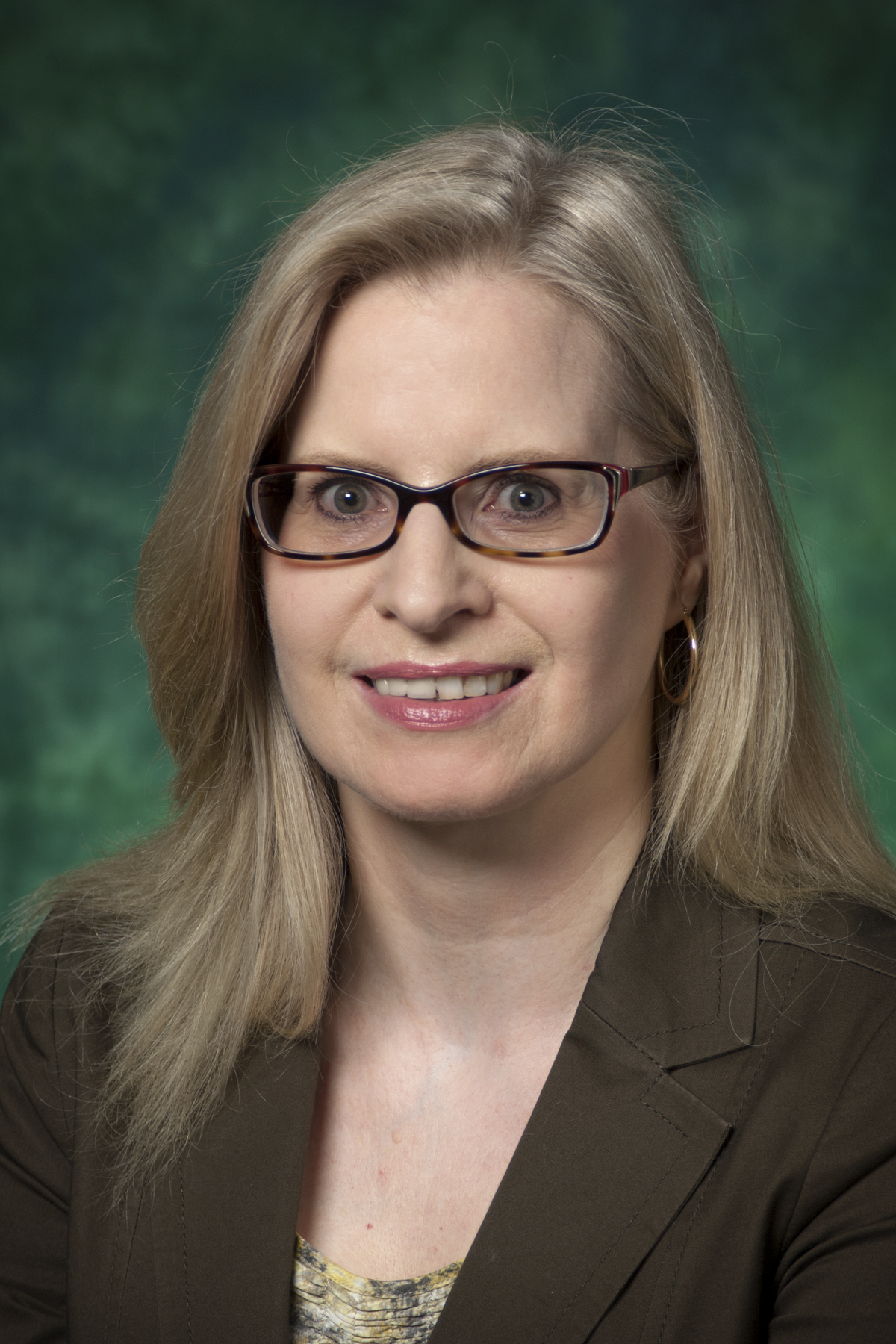|

|
Dr. Marijke Breuning
NOVEMBER MEMBER OF THE MONTH
University of North Texas
Department of Political Science
Member since 1987 |
Marijke Breuning is Professor of Political Science at the University of North Texas. She previously taught at Truman State University and at the University of Arkansas, Fayetteville. She earned her PhD at the Ohio State University. She specializes in foreign policy decision making, with a specific interest in development cooperation and small states, as well as the politics of international children’s rights (and especially intercountry adoption), women/gender and politics, and the sociology of the profession.
She served as editor of the American Political Science Review (2012-2016). Previously, she served as a member of the inaugural editorial team of Foreign Policy Analysis (2005-2009), co-editor of the Journal of Political Science Education (2005-2012), and book review editor of International Politics (2000-2003). She serves – or has served – on several editorial boards and in various leadership positions in the International Studies Association and American Political Science Association.
WHY DID YOU BECOME A POLITICAL SCIENTIST?
I found political science by accident. After completing my studies at the School voor de Journalistiek (journalism school) in Utrecht, the Netherlands, I came to the US for additional education. Upon my arrival at the Ohio State University, I spoke with an academic advisor in journalism, who suggested that I study history or political science to supplement my training in journalism. Political science seemed more relevant to a career in journalism because, in my initial estimation, it focused on contemporary problems. That is how I decided to major in political science. My undergraduate advisor suggested I take a course in research methods, which was not required. I have fond memories of that course, which offered a lot of hands-on projects. My exposure to research methods as an undergraduate – and doing an actual research project – persuaded me to become a political scientist.
My first larger research project blended my journalism background and my interest in politics. I investigated changes in reporting on the Middle East over time. As a political scientist, I initially stayed with text analysis and researched debates surrounding decision making on foreign aid and development. My research interests have developed over time and now include both quantitative and qualitative work on the impact of women and gender equality on decision making on foreign aid allocation as well as research on the politics in intercountry adoption. The latter very often involves children from global south countries that are adopted by families in global north countries – the US being the destination of the largest number of children. The thread that connects my research interests is that all involve interactions between fundamentally unequal actors.
WHY DID YOU JOIN APSA AND WHY DO YOU CONTINUE TO STAY INVOLVED?
I joined APSA as a graduate student, because my dissertation advisor suggested it. That is probably not uncommon! Over the years, APSA has provided many opportunities for service to the profession and to work with a range of professional colleagues on a variety of tasks. It has also provided opportunities to learn about interesting research being done by others in the profession, get feedback on my own papers, as well as meet and (re)connect with colleagues in the profession.
WHAT IS THE MOST CHALLENGING ASPECT OF BEING A POLITICAL SCIENTIST?
Finding a good work-life balance is a challenge, mostly because academic jobs do not conform to the traditional nine-to-five schedule. The flexibility can be very helpful – and I was grateful for it when my children were younger – but it also means you have to set your own boundaries and learn to say “no” to some tasks and asks.
IF YOU COULD GIVE ONE PIECE OF ADVICE TO SOMEONE IN THEIR GRADUATE/UNDERGRADUATE YEARS, WHAT WOULD IT BE AND WHY?
Follow your curiosity. Find something that genuinely interests you and you will not mind spending a lot of time researching and building expertise in that subject. That is true irrespective of a student’s discipline. In terms of career prospects, it is increasingly important that graduate students understand how they can use their skills in careers both inside and outside of academic settings.
OUTSIDE OF POLITICAL SCIENCE, TELL US SOMETHING INTERESTING ABOUT YOURSELF.
I enjoy learning about other cultures through their traditional textiles, embroidery patterns and other surface embellishments – although sampling new foods is a lot of fun as well. This intersects with my interest in international politics to some extent, but also with my outside interests in sewing and other textile crafts. It also intersects with my interest in exploring new places through travel.
I have had amazing opportunities to travel to a variety of countries. The experiences that connect most directly with my research interests – and that have influenced my research in important ways – are my visits to Ethiopia. There, I worked with an NGO to build elementary schools in villages. I learnt a lot from those visits. They provided an opportunity to meet people of all ages living in these villages – and learn about their lives and the difficulties they face in realizing their dreams. Seeing the contrasts between the urban areas and the villages, as well as the traditional lifestyles in the more remote areas, has informed how I look at data, as well as broader issues of foreign aid and development.
